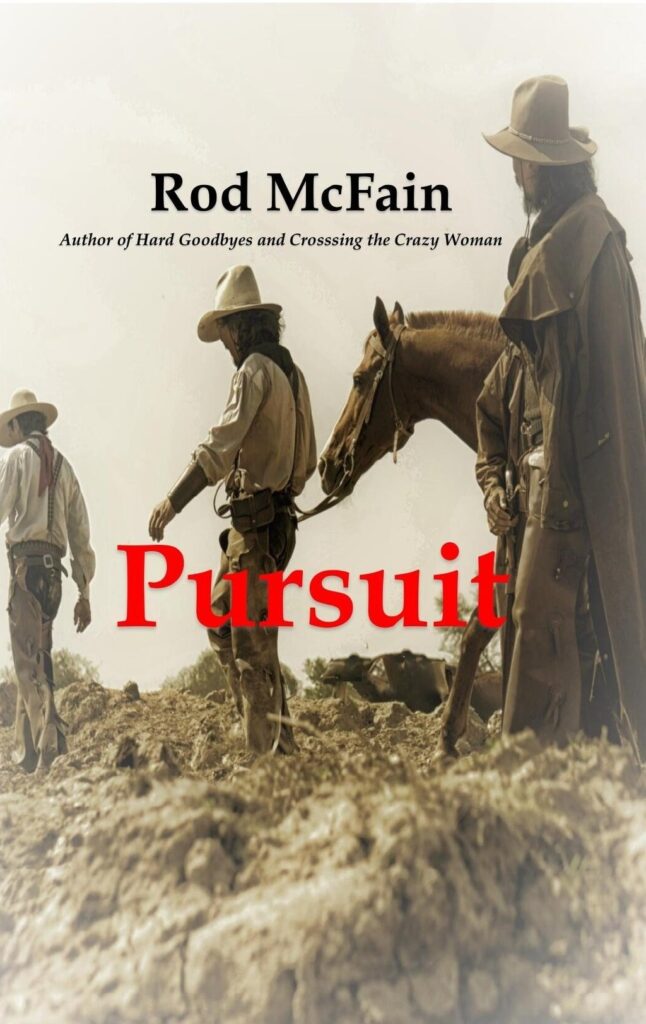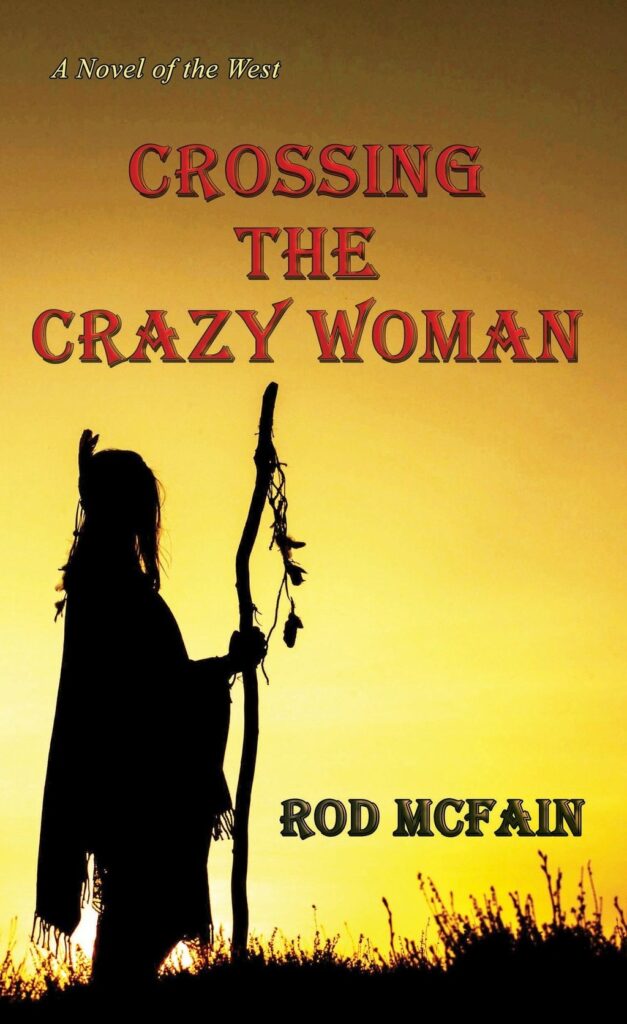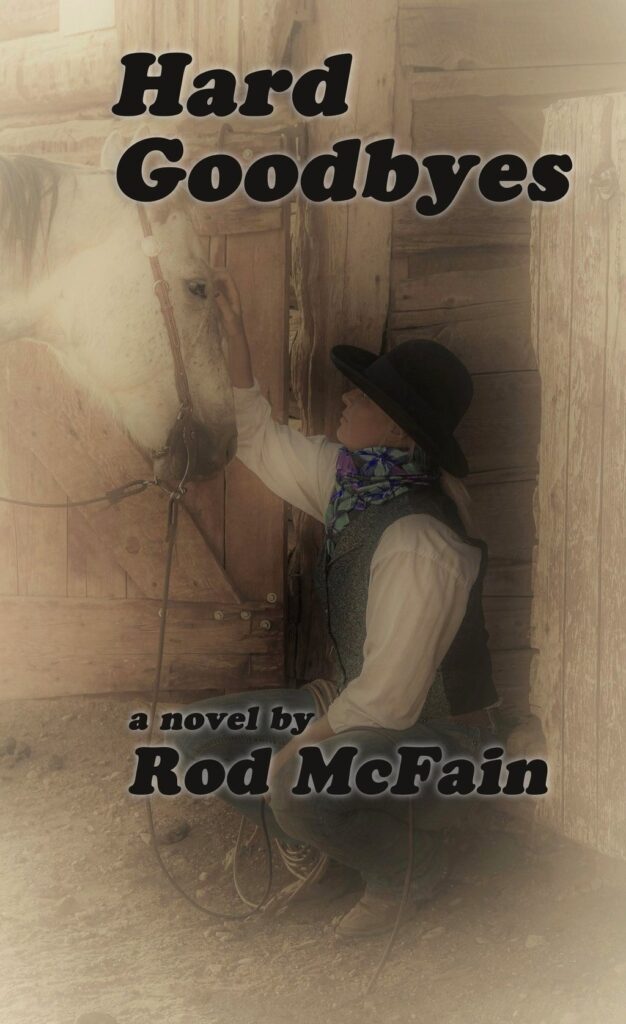Novel Excerpts
SHE'S GOT IT
As a brutal heatwave clenched New York in 1905, with temperatures soaring, the city streets seared under the merciless sun, a girl was born into tragedy. Her father was a shiftless failure, inadequate at providing for his family. He was a drunk, often described as “strange.” Her mother was mentally ill. Clara Bow was unwanted—and would soon know it.
Two previous pregnancies resulted in two dead children. The first was discarded in the rubbish, the second arrived with a doctor present, lived for two hours, and was buried in a mass grave.
Although living in a rat and roach-infested tenement, Clara somehow survived. With her father habitually absent and her mother growing more unstable and violent, her early years were wretched. Being raised in Brooklyn, one of the toughest parts of a notoriously rough city, she endured a horrific childhood of neglect, minimal schooling, and physical and sexual abuse.
By nine years old, Clara was a lonely, hypersensitive child, self-conscious of a slight speech impediment.
The weight of her silent sorrow bore heavily upon her, weaving a tapestry of melancholy that clung to her very being. She was not allowed to invite anyone to her home. It didn’t matter. She was ashamed of her prodigal father and bizarre mother, who often amused visiting uncles. Clara would be shoved in a closet during their stopovers, still several of them horrified her.
***
Despite her home life, Clara got good grades but was shunned by the girls in her neighborhood and school. Hateful and nasty, they derided her rough appearance and embarrassing stutter. Resilient, she turned into a tomboy and protected herself using her fists. A mighty right hook got her accepted amongst the hordes of boys whose pastimes included gang fights and stickball.
A prissy blonde with two giant pink bows in her hair—and mean eyes—watched Clara on the diamond with the boys. A girl beside her yelled, “Strike him out, Clara.” The blonde shoved her shoulder. Don’t cheer for her. She don’t act like a girl.” Clara heard her but she didn’t care what the little twerp said. If she got too insufferable, Clara would put her on her starchy little fanny.
The sun, shining earlier, now hid behind dark, dreary clouds. A cold mist filled the air. The trash piling up in the alley was beginning to stink. It would have smelled worse in July. The lot they played in wasn’t really a ballfield, but it did have the grass beaten down into basepaths. The batter’s box was bare from a summer’s worth of hitters trying to ‘dig in.” Clara went into her windup, double pumped, her left foot kicked straight up. Her arm whipped forward, sending the five-ounce sphere toward the plate. The pitch was meant to cut down across the strike zone. It didn’t. It crashed into the hitter’s back, right between his shoulder blades.
“Next time, d-d-d-duck, don’t turn your back,” the unrepentant pitcher yelled. The faded red baseball cap she wore with the bill pushed to the side of her face flew off every time she hurled the ball. “Step back in the box. You ain’t dead.”
After pushing the sleeves of her bulky sweater above her elbows, she tugged at the waist of her wool knickers. “Move your butt. We want to beat you in time to sneak into Ebbets for the World Series.”
“Shut up, Clara. I ought to belt you for throwing at me.”
“Not unless you want a black eye. You know how strong my right arm is.”
“You better be ready to dodge the line drive I’m gonna send screamin’ back at ya when you throw your next pitch.”
She leaned forward and took her sign from the boy squatting behind the pillow used for home plate. He signaled for a change-up. The pitcher shook her head. No. Her catcher scooted back. The sissy feared her fastball. Again, she shook him off. She wanted the curve, the pitch terrifying to hitters and uncatchable for catchers. The pitch only she threw.
The leather-covered ball with its busted stitches shot straight for the batter’s head—again. This time, it broke down and across the plate. “Strike three, game over,” cried out the boy with the broken arm standing behind Clara.


THE MAGNIFICENT MAGGIE
From the time she could walk, Maggie O’Sullivan was a trial, a challenge. She seemed predestined to live an untamed life. At twenty-two, she married well. In the following decades, she drew the public’s zeal, and the tabloids couldn’t get enough of her.
Her twinkling eyes exposed her curiosity and mischievous nature, her most striking peculiarity. Her heart-shaped face was sprinkled with freckles across her nose when she squinted in the sunlight. That was something she hated. Framed in curly bobbed hair, her countenance was radiant, even without a hint of makeup. When close to her, she had the scent of vanilla or Chanel #5, soothing and enjoyable.
A warm orange evening sky gave way to a night glowing in city lights. Lights so bright they blinded many of those flocking to Hollywood. The neon marquee outside Grauman’s Egyptian Theater flamboyantly ballyhooed
The Wind
Starring—Maggie Elliott.
An Arabian guard in full costume, including helmet and curved sword, paraded back and forth across the top of the tiled roof. A red carpet stretched from the door to the street.
Tuxedo and evening-gowned Hollywood elite emerged from long black limousines. Reporters scribbled down notes detailing who was with whom. Flashbulbs popped. Some celebrities ducked and scurried through the crowd. Others stopped to talk to the press and be touched by fans.
With the opening of each car door, the throng of admirers chanted Maggie, Maggie. Every time, they were disappointed.
The movie’s producer and its Swedish director, Victor Seastrom, paced across the outdoor courtyard, went back inside, and hurried up to Sid Grauman’s private boxes.
The producer was beside himself. “Where is she?”
“You don’t think she’d be a no-show?” Seastrom asked.
“She couldn’t be that bold.”
At seven fifty-two, a red convertible Kissel pulled up. Out she stepped, wearing a glittering Cleopatra cap and low-cut silver gown.
The adoring throng roared. “Maggie, Maggie, Maggie.”
She smiled and blew kisses while her husband helped dart her through the crowd. Maybe she’d sign autographs after the film. Perhaps not.
ROD MCFAIN
“For the great day of His wrath is come;
And who shall be able to stand?” who shall be able to stand?”
Revelation 6:17
PART 1 – 1874 The Big Horn Mountains
Chapter 1
Some said he cheated death as if the Grim Reaper was a gambler to be bested over a faded deck of cards in a sawdust-floored saloon. Now, urging his bay mare to cross a murky little stream, the reputation was as distant as the dusty Kansas town where he first fired his pistol at another man.
The wanderlust lasted twenty-years. His rowdy reputation haunted him. Gray Wehr stood a raw-boned six feet tall with piercing green eyes framed by heavy sideburns. Wavy blonde hair danced along the top of his collar, giving him a bit of a roguish appearance. Women considered him a dashing figure.
“Step off and walk her across,” his younger partner Trent Thaxton said. “She must not be much of a mudder.”
Gray’s bay balked again at crossing the muddy stream. “Come on, Lena; you’re fine,” he reassured her as he squeezed his heels against her flanks. She stepped up to the edge of the murky water flowing over blackish-green silt and mud no more than four feet from one bank to the other. Still, the horse balked, tossing her head and jerking at her bit as she tried to gain the advantage of a loose rein.
“Come on, Lena; step over there,” Gray urged her. “Come on; step across,” he said, as he kicked her lightly in the flanks. Lena crouched back. “No, no… you’re not going to jump, walk across.”
Again, the bay tensed, struggled back before Gray pulled her head around and let her take a few steps from the water while he patted and scratched the side of her neck. “Come on now; nothing’s going to hurt you,” he half-whispered before turning Lena back toward the stream, where she again tightened up.
“Kick her, and slap her with those reins,” Zach Joseph, the third member of the group, grumbled. “I’m tired of watching you dillydally with her.”
“And I’m tired of listening to you,” Gray shot back, nudging Lena once more toward the edge of the muddy creek. Again, she balked, shuffling nervously before coiling back on her hindquarters.
“Well, jump the blamed thing,” Gray muttered, giving into the mare. “I’m not gonna make a fight of this,” he said, letting the reins go slack and making a kissing sound at the bay.
Without warning, the bay uncoiled. Life slowed down, making every detail of the murky water passing underneath him distinguishable. As the top of the high bank caught his eye, Gray realized she meant not to jump only the stream; she intended to make the top.
When Lena hit two feet below the crest, the rain-softened dirt collapsed under her force and weight. For a tick in time, the whole adventure stopped or at least slowed down. Lena sank chest-deep in the muddy bank leaving Gray no time to react before throwing her head back, lurching and twisting to free herself.
Gray lost balance before squaring himself back into the saddle. Icy, cold, personal fear shot through him while he and Lena tumbled over backward, falling ten, twelve feet to the streambed. The distance made the fall ferocious. But, the bank’s height also gave the mare time to twist herself enough for them to take the impact on the horse’s side rather than straight back, driving the saddle horn into Gray’s chest, killing him instantly. Still, they hit with brutal force.


CROSSING THE CRAZY WOMAN
Going home was like holding a woman—something he didn’t do often enough. Graham Wehr, Gray to everyone except his mother, wouldn’t trade ten acres of the Bighorn Mountains for the entire Great Plains. For four days, he rode through nothing but dry rolling hills and bluffs. Only April, and the tall grass was turning brown from hot weather and little rain. The golden plains, for Gray’s part, the Indians could keep ’em.
Sweat stung Gray’s eyes; his mare smelled of it. Flies swarmed around them, a few of them horseflies drawing blood every time they bit. Gray only half expected to see the Platte River from the top of this new bluff. When he brought the bay up the crown of the hill, he didn’t. The ache in his knees and back deepened. “Lena,” he sighed at the sight of more endless vista, “next time I pull a stunt like this, you oughta throw me and kick me in the head.”
Well past mid-afternoon, the sun cast long shadows, but the heat refused to ease up. The day, like the whole trip home, drug on long and tedious. Of course, the only likely relief from the boredom on this prairie would be having Sioux or Cheyenne shooting arrows at him.
The Teton Lakota living in the valleys and mountains close to Wehr’s home lived peacefully with the whites. Early settlers came to the valley before 1830 and worked hard at making friends with the Lakota before building the little town they named High Meadows. The last real trouble with any Indians had been a Blackfoot raid in 1834. In March and April of 1865, when the Lakota and Cheyenne gathered their forces for attacks against every white settlement from the Powder River area through the Bighorns and Bozeman Trail, High Meadows remained safe.
Now, the Lakota nations—the Ogallala, Hunkpapa, Brule, Miniconjou, as well as the Northern Cheyenne, were dying of cholera, smallpox, and measles, all gifts from the white man. Stumble across bitter Indians outside the sanctuary of High Meadows, and Wehr faced two choices; outrun them or fight.
A lazy breeze drifted out of the west—barely disturbing the grass, but enough to provide a welcome break to the absolute stillness. Four or five miles further on, Lena started to snort and tug at her bit. Wehr gave the horse her head. Fifteen minutes later, the bay stood knee-deep, splashing her head in the Platte River.

HARD GOODBYES
Chapter One
Either a nasty spring cold or some allergy kept Ally Hart miserable for the better part of two weeks. She rubbed her nose raw with the constant blowing, and between the sore red nose and bloodshot eyes, she looked as bad as she felt. She spent an entire day in bed, hiding from Elijah’s relentless mothering. The seventy-year-old man had appointed himself her personal knight in shining armor after her husband Sam died several months ago. However, when he demanded she spend a second day flat on her back, she put her foot down.
Another argument took place when she insisted Elijah go to town for supplies. Her gentle friend thought it out of the question to leave her while so weak with the fever. He forced her to promise both a morning and afternoon nap before he hitched the team to the old wagon and squeaked off for food and a needed jar of salve to heal cracked lips and chapped skin.
Ally’s loneliness, after only one night alone, took her by surprise. By mid-morning, as she tinkered around the kitchen wishing for late afternoon or evening when Elijah would return, sadness overtook her, robbing her of her little energy. She poured herself the last cup of morning tea, which she preferred to coffee, and sat down at the table she and Sam purchased in Hays City.
When Sam died, and she buried him under the larger of the two oak trees growing on their place, she resolved to put flowers on his grave at least once a week. However, the sadness became too much for her. Now, she seldom went to the grave, let alone with a flower arrangement. In truth, she resented Sam for dying and leaving her here, without the means to move. The ranch had been his dream, not hers. Now she found herself angry he didn’t make better provision for her. Of course, he might have if he expected to die, instead of being gored.
That was another disagreement between Ally and Elijah. Her bull, the one that did the goring, was running around somewhere out on the range. Elijah said she needed a bull to have any hope of making a living off the cattle. Since she lacked the cash to buy another one, bringing this one back was necessary. Ally argued she did not want ever to lay eyes on the vulgar beast again. So that’s how things stood. The bull running loose, Elijah concerned, and Ally not caring.
Ally decided she sat in her self-pity long enough. She picked up the old wooden bucket she carried water in and went out the kitchen door and across what made do for a yard toward the well.
About halfway to the well, too far from the house to go back, Ally saw an Indian sitting on a pinto horse only a few yards away. She froze. However, the Indian made no move toward her. For what seemed like minutes, but really only the briefest of time, they stared at each other. Ally let her eyes dart around, both looking for any way of escape and searching for other Indians. Seeing neither, she turned to face him.

